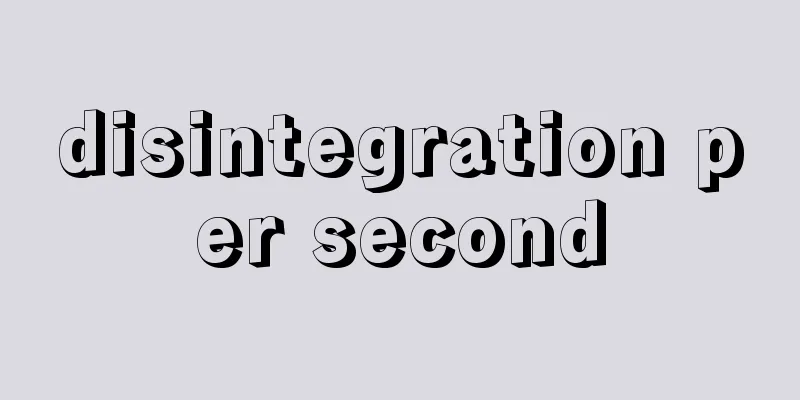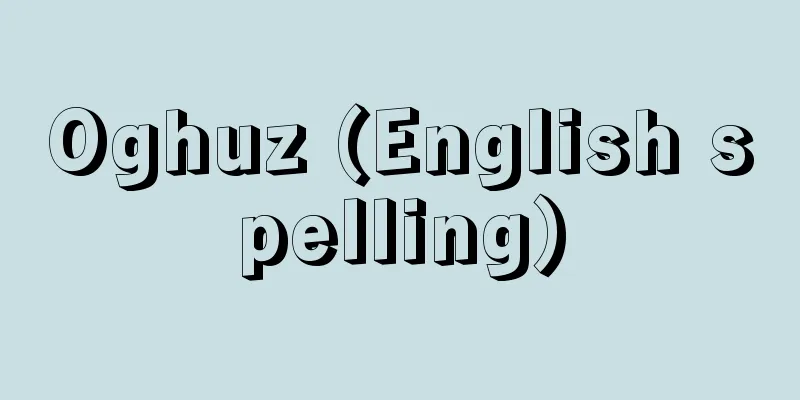Nagazane Motoda

|
Year of death: January 22, 1891 (Meiji 24) Year of birth: 1818.10.1 (1818.10.30) A Confucian scholar from the end of the Edo period to the early Meiji period, and a close aide to Emperor Meiji. His given name was Eifu, and his pen name was Shichu, originally Dennojo, and later Yaemon. His pen names were Higashino Mata Chayo, Togo, and Sarutake Shoo. He was the eldest son of Kumamoto feudal lord Motoda Sanzaemon. His mother was a member of the Tsugawa clan. He entered the domain school Jishukan in 1828, and in 1837 he first met Yokoi Shonan, the school's director, and received academic guidance from him. In 1839, he began reading the Kinsiroku together with Nagaoka Kanbutsu, Yokoi Shonan, Shimozu Kyuya, and Ogi Masakuni, with the aim of pursuing pure Neo-Confucianism (=practical learning). From then on, Eifu was strongly influenced by Shonan's ideology, and he considered himself to be his ancestor. In 1858, he succeeded to the family headship. At the end of Bunkyu 2 (1862), he became a caretaker in Kyoto and received various feudal lords, and thereafter he remained in the domain and worked hard for the domain's administration during the Restoration period at the end of the Edo period. In May 1870 (Meiji 3), Hosokawa Morihisa became the domain's governor, and he became a samurai reader due to the domain's government reforms led by the Jitsugaku Party. In the following year, he was ordered by the domain to go to Tokyo. In June, he was appointed to the Imperial Household Ministry, became a samurai reader (later a samurai lecturer), and lectured Emperor Meiji on the Analects. After that, aiming for the Emperor to guide the Emperor's rule and to implement direct rule by the Emperor based on the ideal of Confucian virtuous governance, he made recommendations to Sanjo Sanetomi and Iwakura Tomomi, and also argued for the urgent need to win over people in the wake of samurai rebellions and the Freedom and People's Rights Movement, and in 1877, he was appointed assistant samurai in the Imperial Court, and in 1878, following the assassination of Okubo Toshimichi, he launched a movement for "direct rule by the Emperor" from a position critical of the Satsuma-Choshu Council of Ministers politics, along with Sasaki Takayuki, Yoshii Tomomi, and Hijikata Hisamoto. Even after the position of assistant samurai was abolished in 1889, he remained in the court as a samurai lecturer, and during the political upheaval of 1881, he supported the Chuseito Party led by Tani Kanjo. In 1889, he drafted the "General Principles of Education" and debated with Ito Hirobumi over the state of education after the Meiji Restoration, and in 1890, he took a national constitutional stance in the "National Constitution Outline." His national religion was excluded from the constitutional system, but he later cooperated with Inoue Tsuyoshi in drafting the Imperial Rescript on Education in 1890, and it can be said that this culminated in the establishment of a system based on the Imperial Constitution and the Imperial Rescript on Education. In foreign affairs, he was particularly interested in the issue of treaty revision, and opposed mixed residence in the mainland and the appointment of foreign judges, and strongly opposed the revisions made by Foreign Ministers Inoue and Okuma in 1895 and 1897. During this time, he served as an Imperial Court advisor in 1896 and a Privy Councilor in 1898, and was a trusted aide to the Emperor throughout his life. In January 1891, he fell ill with a cold and was given the title of baron by special order. <Works> "Record of the Sixtieth Birthday" and "Record of the Seventieth Birthday" (Volume 1 of "The Documents of Motoda Eifusa") <References> "Motoda Eifusa" by Umigo Muneomi, "Documents Related to Motoda Eifusa" by Numata Satoshi and Motoda Takehiko (Numata Satoshi) Source: Asahi Japanese Historical Biography: Asahi Shimbun Publications Inc. About Asahi Japanese Historical Biography |
|
没年:明治24.1.22(1891) 生年:文政1.10.1(1818.10.30) 幕末・明治前期の儒学者,明治天皇の側近。名は永孚,字は子中,初め伝之丞のち八右衛門と称す。号は東野また茶陽,東皐,猿岳樵翁。熊本藩士元田三左衛門の長男に生まれる。母は津川氏。文政11(1828)年より藩校時習館に入り,天保8(1837)年はじめて寮長横井小楠と相識り学問の指導を受ける。14年長岡監物,横井小楠,下津休也,荻昌国と純粋朱子学(=実学)を志し『近思録』会読を始めた。以後永孚は小楠の強い思想的影響を受け,自らはその祖述者を以て任じていた。安政5(1858)年家督を継ぐ。文久2(1862)年末京都留守居となり諸藩士と応接,また以後も藩にあって幕末維新期の藩政に尽力した。明治3(1870)年5月細川護久が藩知事となり,実学党による藩政改革で侍読となる。 翌4年藩命で上京。6月宮内省出任,侍読(のち侍講)となり明治天皇に『論語』を進講。以後儒教的徳治主義の理想による天皇の君徳輔導と天皇親政の実行をめざし,三条実美や岩倉具視に建言し,また士族反乱や自由民権運動に対し,人心収攬の急務を論じ,10年宮中に設置された侍補に就任,11年大久保利通暗殺を機に,佐々木高行,吉井友実,土方久元らと薩長参議政治批判の立場から「天皇親政」運動を展開。12年侍補廃止後も侍講として宮中に留まり,明治14年政変には谷干城らの中正党を支持するなどした。また12年「教学大旨」を起草し,維新後の教育のあり方をめぐり伊藤博文と論争,13年『国憲大綱』において国教主義的国憲論の立場をとった。その国教主義は憲法制定からは排除されたが,のちに23年教育勅語の起草に井上毅と協力し,帝国憲法と教育勅語による体制構築に結実し得たと評せよう。対外問題では特に条約改正問題に関心を持ち,内地雑居や外国人裁判官任用に反対し,20,22年の井上,大隈両外相の改正に強く反対した。その間19年宮中顧問官,21年枢密顧問官となり,一貫して天皇の信任のもと側近に侍した。24年1月風邪で病勢つのり,特旨により男爵を授けられた。<著作>「還暦之記」「古稀之記」(『元田永孚文書』1巻)<参考文献>海後宗臣『元田永孚』,沼田哲・元田竹彦『元田永孚関係文書』 (沼田哲) 出典 朝日日本歴史人物事典:(株)朝日新聞出版朝日日本歴史人物事典について 情報 |
Recommend
Wearable Computer
The concept of a computer that can be worn like cl...
Strangeness - Sutorenginesu (English spelling) strangeness
It is one of the quantum numbers that characteriz...
Almeida, Francisco de
Born: circa 1450, Lisbon Died March 1, 1510. Portu...
ealdorman
…Generally, after the High Middle Ages, when feud...
Puerto Rico (English spelling)
A freely associated state of the United States (Es...
Abdel Krim
A leader of the Moroccan independence movement. B...
Hanawarabi (flower fern) - Hanawarabi (English spelling) Sceptridium ternatum; grape fern
A wintergreen fern of the family Scutellariae, als...
Radio Law - Denpaho
The purpose of this law is to promote the public ...
Kumokiri Nizaemon - Kumokiri Nizaemon
A leader of Edo-period thieves who is often featu...
Fugu chrysops (English spelling) Fugu chrysops
…[Hibiya Kyo]. . . *Some of the terminology that ...
"Ezo Language Collection" - Ezogoshu
...The editor, Kumajiro Uehara, was an Ezo interp...
Elin Pelin
1877‐1949 Bulgarian short story writer. His real n...
Movable weir
…Weirs built near the mouth of a river to prevent...
Inasahosoe
A bay in the southwest of Shizuoka Prefecture, in ...
Dortmund - Dortmund (English spelling)
A central commercial and industrial city in the e...









